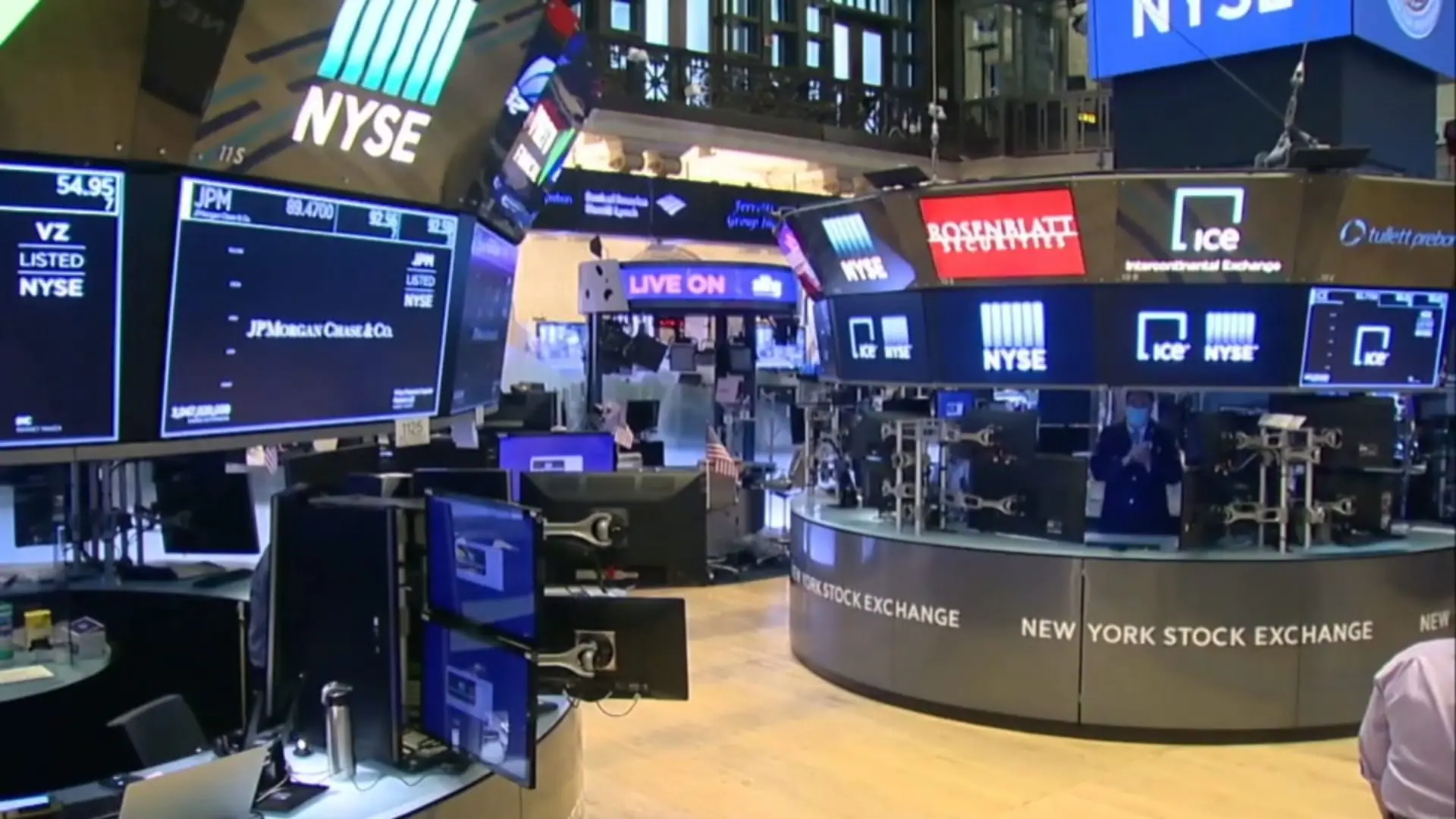US recession fears climb; IU finance professor says, ‘Don’t panic’
INDIANAPOLIS (WISH) Stocks prices tumbled Monday in a massive sell-off in the U.S. and around the world. Analysts say it’s in response to a weak job report that came out last week. Finance professor, Joseph Fitter, from Indiana University Bloomington breaks down what it means for your stocks and your 401-K.
“I wouldn’t panic that’s the very message. Don’t go out and sell your 401K. Maybe don’t look at it because it’ll make you upset But there’s no reason to panic and sell at this moment,” said Fitter.
There are many reasons why the market is reacting. The July jobs report showed employers added 114,000 jobs which was less than the forecasted 185,000 openings.
Plus, unemployment went up, both here in Indiana and the nation. Still—Fitter says its normal to see the stock market dip.
“You have to remember what we had in the past 3, 4, 5 years COVID pandemic and post COVID is unusual for an economy and it’s taking a while to work through that unusualness, ” said Fitter.
Fitter calls this a market correction. “A normal stock market goes through one of these 10% corrections once every 18-24 months and we havent had one of these corrections in about 18 months so we’re on schedule.”
Fitter said historically, a 4.3% national unemployment number is still pretty low. If it hits 5%, he said that’s worrisome. And he said there’s no recession, at least not yet.
“I don’t think there’s a need to call it a recession immediately. I think there’s a lot of panic in the market. There’s a lot of nervousness. Maybe assets became overvalued, over priced. The stock market has been too high. What it’s doing now is coming down to earth.”
Among the stocks taking a big hit are tech stocks like Apple, Google, and Amazon.
“If you’re taking a long-term approach maybe you’re 20, 30, 40 years away from retirement. This is an opportunity. It’s like there’s a sale on aisle 5 at the grocery store. Stocks have been cut by about 10 percent since the start of the correction,” he said.
Inflation will cool or slow down eventually, said Fitter. And he suggests watching the Federal Reserve and if they’ll slash interest rates to help stimulate the economy, which could mean more investment opportunities.
